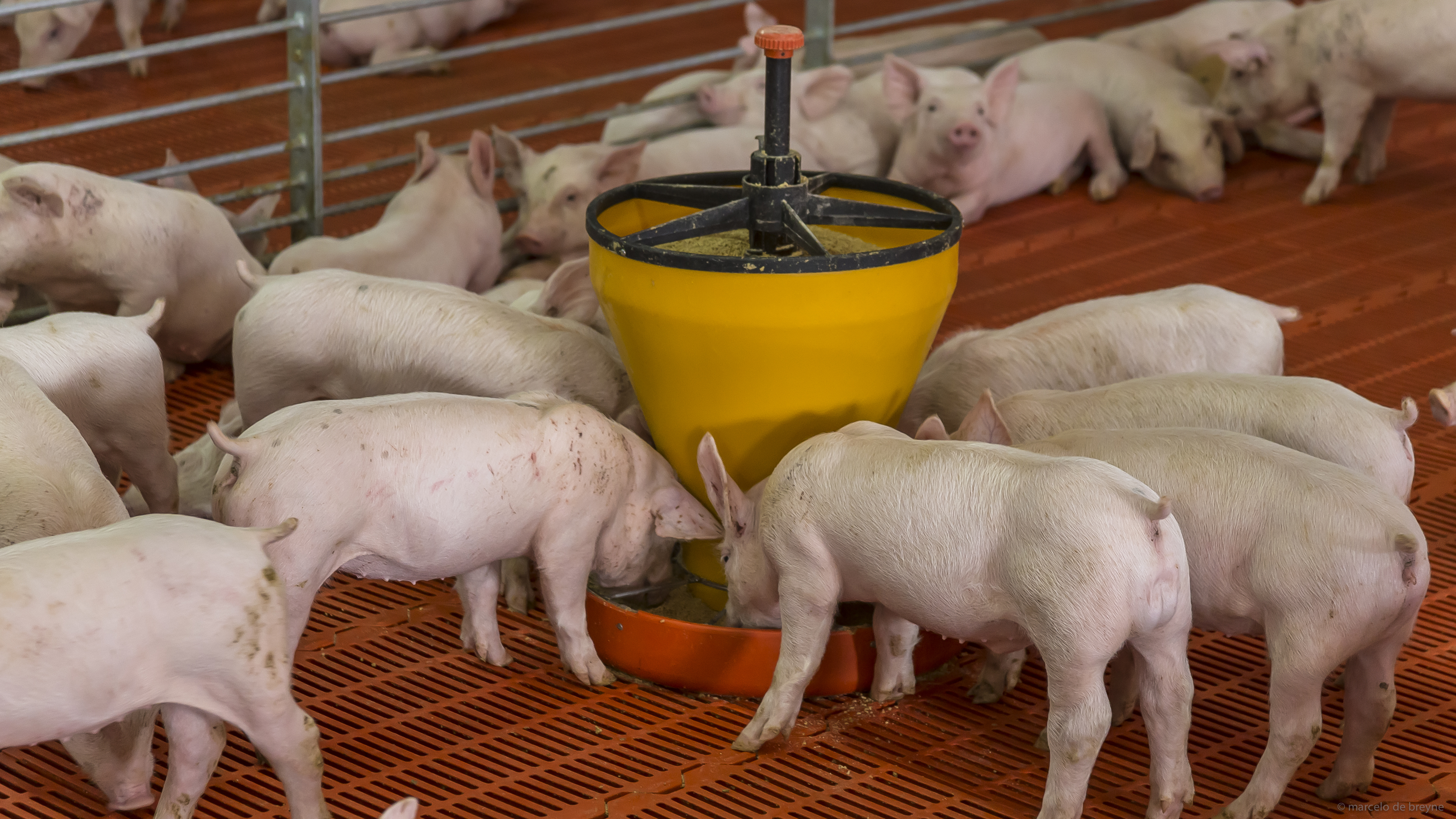



Risk of transmitting ASF through feed and bedding is low but producers should remain vigilant, says EFSA
The European Food Safety Agency's (EFSA) latest advice on African swine fever (ASF) evaluated the risk of the virus being introduced to new regions of the EU through feed, bedding materials and empty pig transport vehicles returning from affected areas.The opinion concludes that the potential for transmission through these pathways is lower than for several others – such as moving live domestic pigs or allowing contact between wild boar and domestic pigs – but that a risk cannot be completely excluded.

A model was developed to rank the risk from the different pathways – or matrices – using results from an expert knowledge elicitation (EKE). The EKE was based on evidence from a literature search and a public consultation.
Seventeen products and matrices were assessed and ranked for their relative likelihood of becoming contaminated with the virus in ASF-affected areas and infecting pigs in non-affected areas. Compound feed (mash, pellets), feed additives and contaminated vehicles were the highest ranked.
To reduce the risk of the virus being introduced to pig farms through feed, bedding materials and transport vehicles, the scientific opinion recommends strict adherence to relevant decontamination and storage processes for all products moved from ASF-affected areas to unaffected areas.








